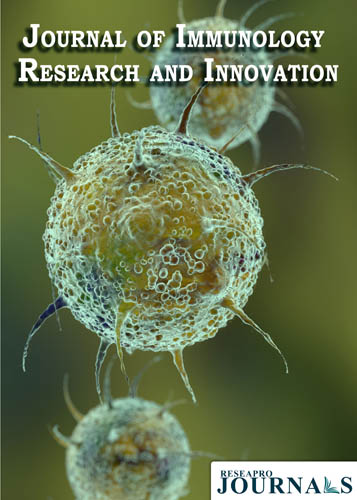
Journal of Immunology Research and Innovation
OPEN ACCESS

OPEN ACCESS

Department of Biotechnology, KIIT University, Bhubaneswar, Odisha
CRISPR-based gene editing holds transformative potential for autoimmune disease therapy by precisely modulating immune checkpoints like CTLA-4 and PD-1. These checkpoints are essential for immune regulation, maintaining self-tolerance and preventing excessive immune responses. Dysregulation of CTLA-4 and PD-1 contributes to autoimmune diseases, such as rheumatoid arthritis, systemic lupus erythematosus, and type 1 diabetes. Current therapies targeting these checkpoints, while effective, often come with limitations, such as off-target effects and systemic immunosuppression. CRISPR-Cas9, along with related technologies like Cas12a and base editing, offers a precise approach to modulate checkpoint expression and restore immune balance. Advances in T cell editing, delivery strategies (viral vectors, electroporation, lipid nanoparticles), and precision techniques are paving the way for safer, more targeted therapies. Preclinical and clinical studies have shown promising results in restoring immune tolerance and enhancing T cell function. However, challenges such as off-target effects, ethical concerns, and regulatory hurdles remain. Future prospects include combining CRISPR with nanotechnology, arti cial intelligence, and novel genome-editing tools, offering new avenues for personalized treatments in autoimmune diseases.
Department of Biotechnology, KIIT University, Bhubaneswar, Odisha